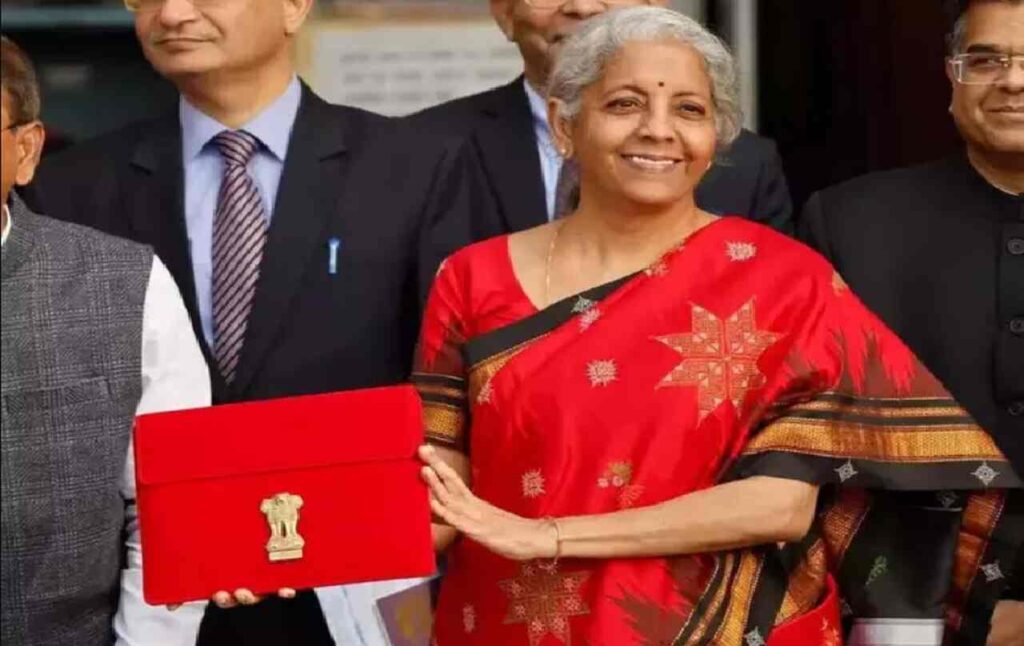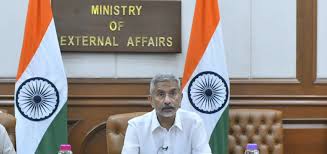Nirmala Sitharaman will present the general budget on February 1, the government divides the budget into these three categories

The country’s Finance Minister Nirmala Sitharaman is going to present the general budget on 1st February. The Finance Ministry, under the leadership of the Finance Minister, revises the budget every year. The budget includes new financial policies, tax related laws and plans to increase the economic growth of the country. The budget is an annual financial statement outlining the estimated government expenditure and revenues to be collected by the government in the coming financial year. According to HDFC Bank, the government divides the budget into three categories depending on how practical the estimated income and expenditure are.
Balanced budget
When expected government expenditure during a financial year is equal to expected government receipts, it is said to be a balanced budget. Most economists support this type of budget because it is based on the virtue of living within one’s means. A balanced budget emphasizes the idea that the government’s expenditure should never exceed its accumulated revenues. While the balanced budget approach seems ideal to help achieve economic balance and maintain financial discipline, such a budget does not ensure financial stability. This is especially true in times of deflation, recession, and economic downturn. Thus, while it may be easy to balance anticipated expenses and revenues, in practice it is very challenging to implement such balancing.
Surplus budget
The budget presented by the government is considered to be a surplus budget when the revenue expected by the government exceeds the expenditure incurred by the government during a given financial year. It means that the profit or revenue of the government from taxes paid by the citizens is more than the amount spent by the government on public welfare and development. In such a situation, surplus budget shows that a country is economically prosperous. The government generally implements surplus budget during periods of inflation because this type of budget helps in reducing the aggregate demand in the country.
Deficit budget
A budget is considered a deficit budget when expected government expenditure exceeds the revenue the government expects to collect in a financial year. Deficit budget is ideal for developing economies. India is a great example of this. Such a budget is especially beneficial during recession as it helps in generating additional demand along with boosting the economic growth rate of the country. In deficit budget the government plays an important role in spending excessively to increase the employment rate. The result is that demand for goods and services increases, which helps in reviving the economy. However, these three types of budgets have different advantages and disadvantages. The government takes great care to strike the right balance while making budget plans.






